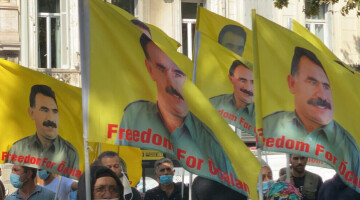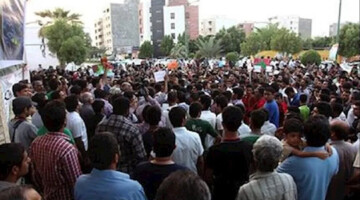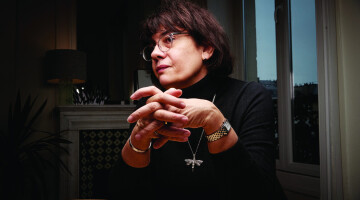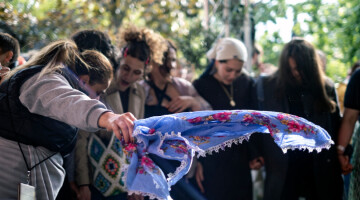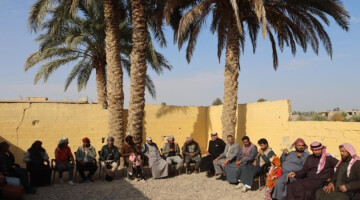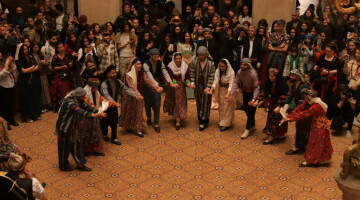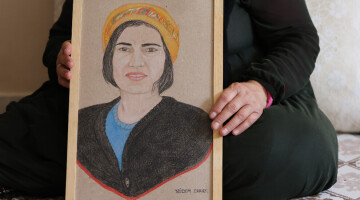On April 1, 1988, the largest battle between the Kurdish guerrillas and the Turkish army since the beginning of the armed struggle took place on Mount Bagok in Mardin. The Bagok rises between the districts of Midyat and Nusaybin. On April 1, 33 years ago, 30 young members of the Artêşa Rizgariya Gelê Kurdistan (People's Liberation Army of Kurdistan, ARGK), the predecessor organization of the HPG, had just completed their training. A tip-off had brought them to the attention of the Turkish army, which then launched a major military operation. In the open terrain of Bagok, it would not be possible for the guerrilla group, which consisted of 50 people in total, to hold its own against conventional troops.
The fighting in the ARGK camp led by commander Veli Yaşar (Nom de Guerre: Delil) lasted for a whole day. For several hours, the area was successfully defended. By early evening, three guerrilla fighters had died as a result of gunshot wounds. In contrast, the Turkish army suffered about 200 casualties and three helicopters were shot down. In response to the high casualties, the air force bombed the area with chemical weapons. This attack resulted in 17 more ARGK casualties, including Ayten Tekin. She had been the only woman with the guerrilla unit at Bagok. Born in 1966 in a mountain village in Bingöl, she had to leave her home at the age of 15. "We could no longer stand up to the state 'counterinsurgency', so we left and settled in Izmir," her imprisoned brother Eren Tekin wrote in an obituary of Ayten Tekin a few years ago. She had chosen the International Women's Struggle Day on March 8, 1988, and the name Rojîn for her participation in the guerrilla ranks. Rojîn in Kurdish means the day, the sun or the sunrise.
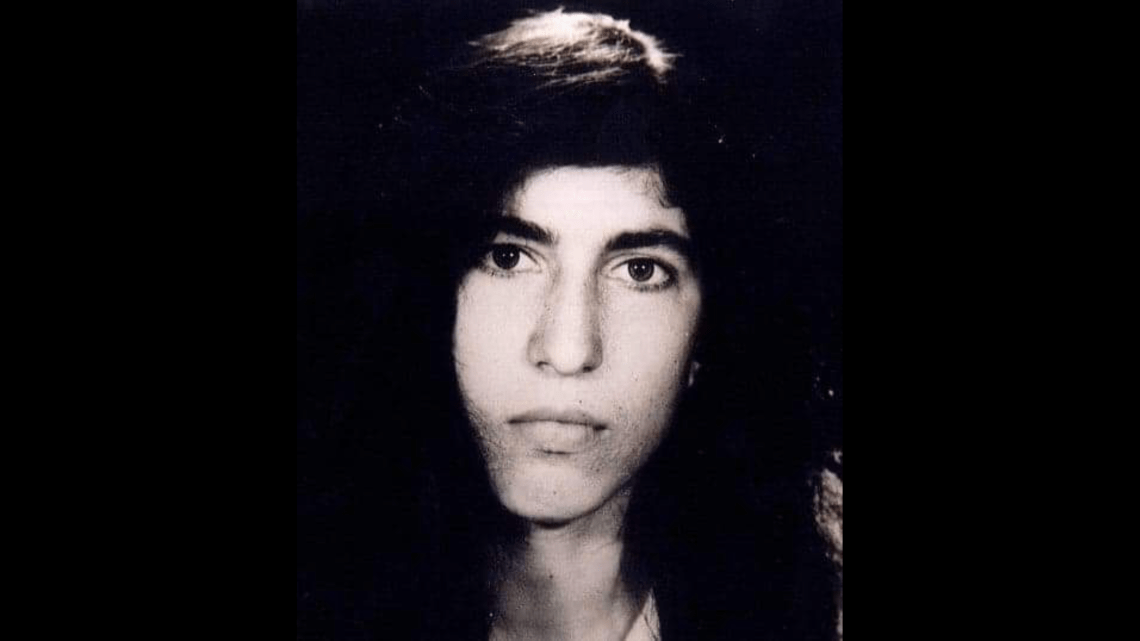 Ayten Tekin
Ayten Tekin
The Bagok resistance in the last quarter of the 20th century was the first link in a chain of heavy guerrilla fighting and the beginning of a great war. It was under this impression that the song "Li Mêrdînê li Bagokê" was penned by the Kurdish singer Hozan Dilgeş. Dilgeş himself came from the Bagok region and had been born in 1952 in a Yazidi village in Nusaybin. In 2017, he died of cancer in exile in Germany. Hozan Dilgeş's piece "Li Mêrdînê li Bagokê" was formative for the PKK's resistance music and became an integral part of the Kurdish liberation movement. The song is also present at all times in the collective memory of Kurdish society. Neither at weddings is it missing, nor at other festivities where everyone celebrates and dances together.

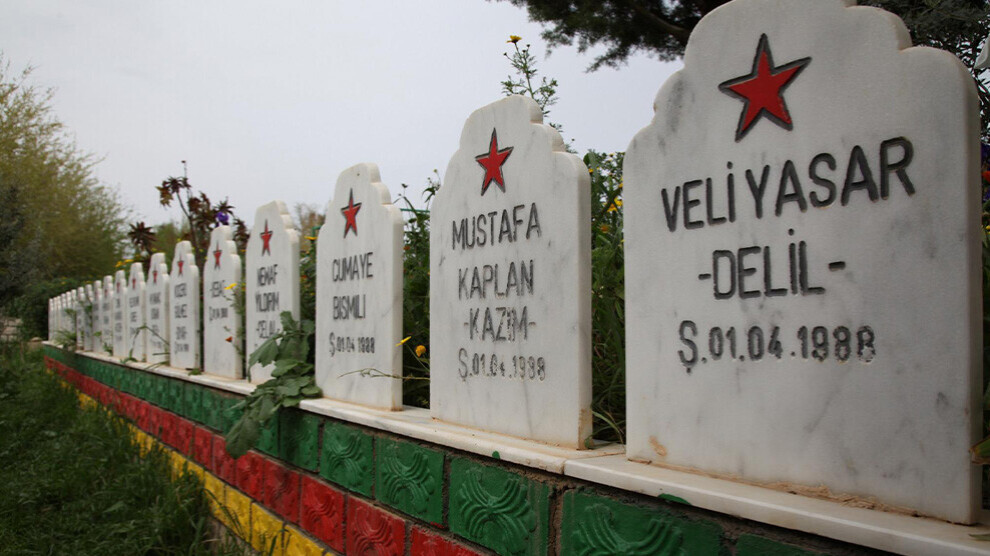
 Ayten Tekin
Ayten Tekin
